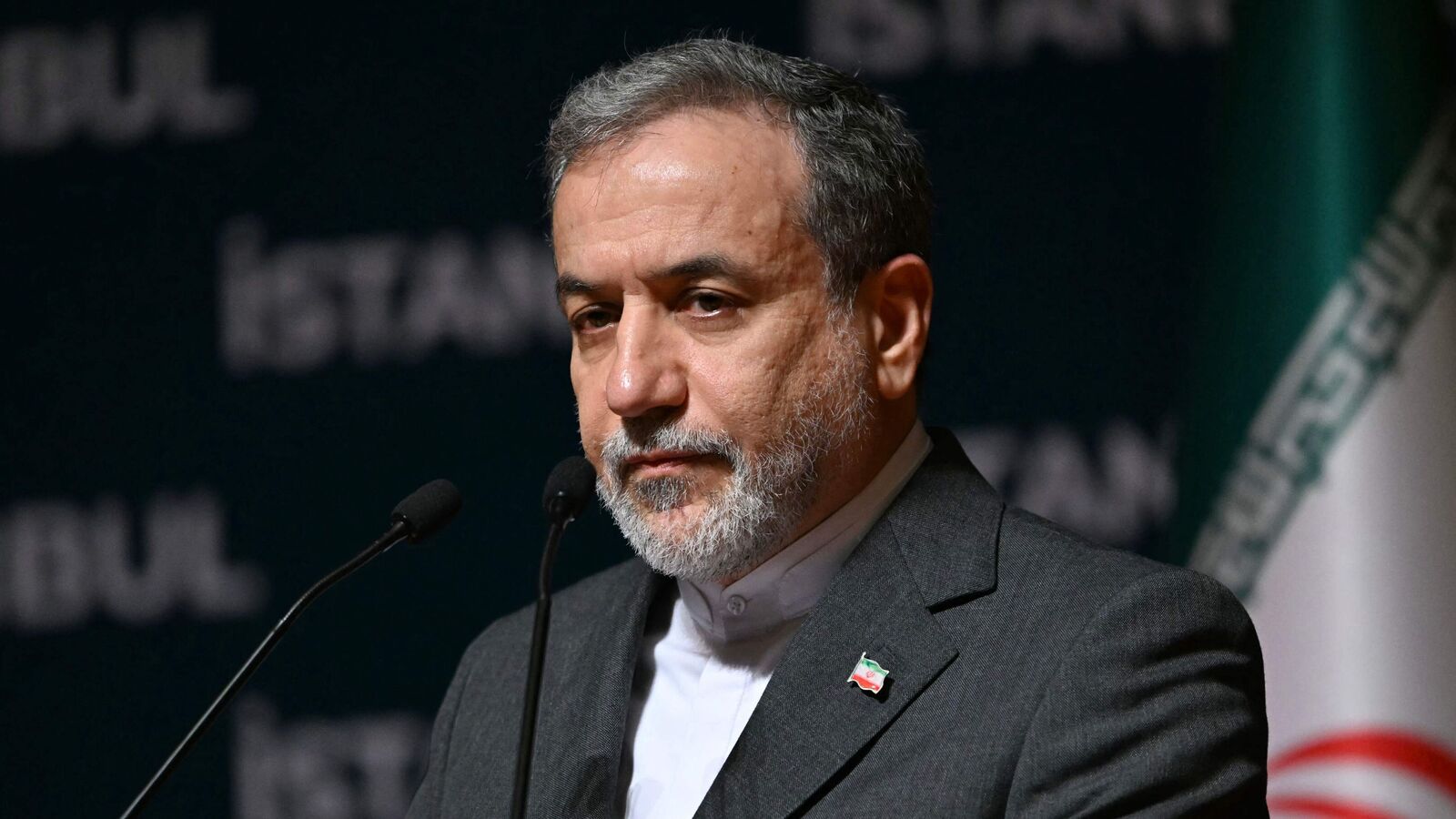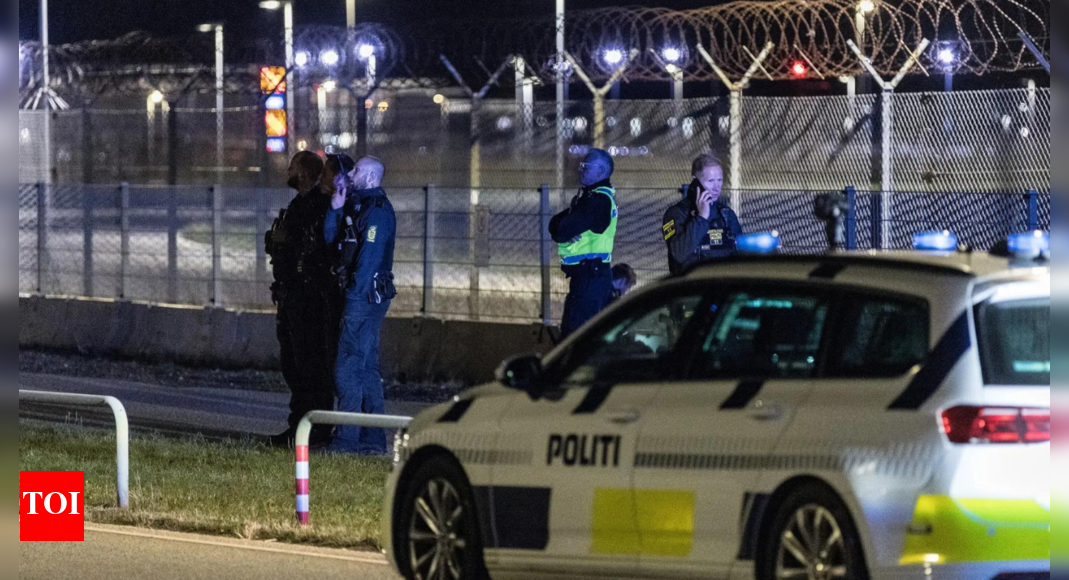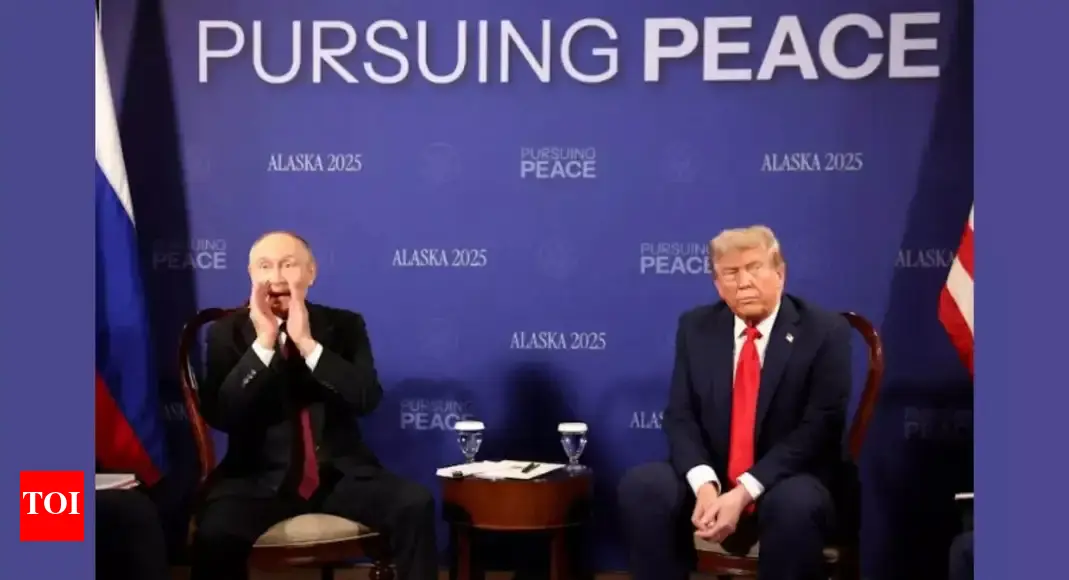After ending nearly two weeks of conflict that brought the Middle East to the brink of a broader war, Washington and Tehran are now offering starkly different messages about the prospect of renewed nuclear diplomacy. While President Donald Trump suggested on Wednesday (June 25) that talks could resume as early as next week, Iranian leaders flatly denied that any new negotiations were agreed, underscoring the deep distrust and fallout from recent US airstrikes on Iran’s nuclear sites.
Iran’s foreign ministry has firmly denied that any agreement has been reached to resume nuclear negotiations with the United States, warning that future discussions will be even more difficult following recent military strikes.
Speaking on Iranian state television on Thursday (June 26), Foreign Minister Abbas Araghchi dismissed reports of an imminent diplomatic breakthrough.
“I would like to state clearly that no agreement, appointment or conversation has been made to start new negotiations,” Araghchi said.
US-Israel actions complicate future diplomacy
Araghchi also suggested that Washington’s hopes for resuming negotiations had been set back by recent military operations carried out by the US and Israel.
“The next negotiations won’t be any easier for the Americans compared to the previous ones,” he warned. “Human beings have been killed for it. It’s not possible to make an agreement on it as easy as before.”
Iran vows no change in nuclear stance
Iranian Foreign Ministry spokesperson Esmaeil Baghaei reinforced that Tehran’s position on its nuclear program remains unchanged, despite what he described as “naked force” used against Iran.
In an interview published by state-run IRNA on Thursday, Baghaei said: “We have shown that pressure, intimidation, threats, and even the use of naked force against a sovereign state, in violation of all international standards and norms, cannot undermine our rights. Our rights remain intact.”
Accuses US of bad faith
Baghaei also accused Washington of never intending to negotiate sincerely. He said the scheduled talks in Oman before Israel’s attacks were evidence that the US was not acting in good faith.
“All of these cases show that the American side was not serious about the negotiations from the beginning,” he said. “But this does not diminish the value of the actions of the Islamic Republic of Iran.”
He added that Iran’s participation in diplomacy had laid bare “the hypocrisy and lies of the other side.”
Deep distrust of US
Responding to suggestions that recent violence had eroded trust, Baghaei insisted Iran had never trusted the United States in the first place.
“First, we never trusted the other side,” he said. “Sometimes some words are used, such as ‘the recent incident caused trust between Iran and America to decrease’ or ‘to disappear,’ while we basically never trusted [them].”
He said Iran’s skepticism was rooted in the US’s record of “breaking promises.”
“We were talking to the other side in an atmosphere of absolute distrust. The reason for this distrust is their history of breaking promises,” Baghaei said.
No timeline for new talks
Despite international calls to de-escalate and return to the table, Tehran has made clear that no timeline exists for fresh negotiations and that any future dialogue.




